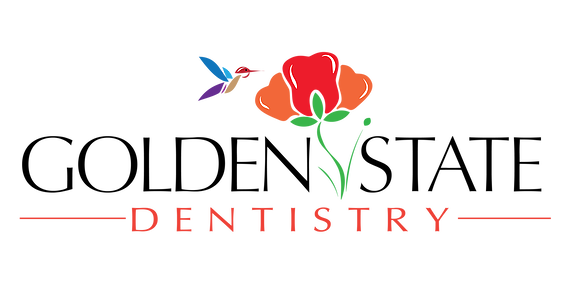 Are you considering or already following a plant-based diet and wondering how it affects your dental health? Although a plant-based diet is overall a healthy lifestyle, your bone health (including the health of your teeth) can suffer as a result if you are not careful. Studies have found that vegans and vegetarians are much more likely to suffer from tooth decay, more acidic pH levels in the mouth, and lack of saliva production than people, who eat more conventional diets.The reason for this is that when you remove certain foods from your diet, this can put you in a deficiency of important vitamins and nutrients, like Vitamin D and Calcium, that support dental health. However, there are ways to supplement your diet and ensure a healthy smile, even on a vegan diet. Here are some risks you should be aware of when following a vegan diet and what you can do to maintain good dental health.
Are you considering or already following a plant-based diet and wondering how it affects your dental health? Although a plant-based diet is overall a healthy lifestyle, your bone health (including the health of your teeth) can suffer as a result if you are not careful. Studies have found that vegans and vegetarians are much more likely to suffer from tooth decay, more acidic pH levels in the mouth, and lack of saliva production than people, who eat more conventional diets.The reason for this is that when you remove certain foods from your diet, this can put you in a deficiency of important vitamins and nutrients, like Vitamin D and Calcium, that support dental health. However, there are ways to supplement your diet and ensure a healthy smile, even on a vegan diet. Here are some risks you should be aware of when following a vegan diet and what you can do to maintain good dental health.
Risks Associated With a Vegan Diet
1. Calcium DeficiencyYour body needs calcium to support healthy teeth and gums. Dairy and fish are excellent sources of calcium. However, this is not an option for vegans. Vegans need to supplement their diet with plenty of plant-based sources containing calcium. These sources include bok choy, tofu, soy beans, calcium-fortified nut milks, kale, broccoli, and almonds.
2. Vitamin D Deficiency
Vitamin D is needed to absorb calcium and the best sources of vitamin D come from the sun, eggs, fatty fish (like salmon) and fortified milk. To make sure you get enough vitamin D, it is most important to spend time outdoors in the sun. You can also supplement vitamin D or get a little bit of vitamin D from plant-based food like mushrooms.
3. Lack of Amino Acids
A vegan diet may lead to a lack of important amino acids, such as arginine, which is found in meat, poultry, dairy, and fish. Amino acids like arginine help prevent cavities and gum disease by breaking down dental plaque. While amino acids are found in larger quantities in meat, other sources, such as soy products, chickpeas, lentils, and pumpkin seeds, are good plant-based alternatives.
4. Snacking and Grazing
Vegans are more prone to snacking between meals to meet their body's daily nutritional requirements. Frequently putting your teeth in contact with food will put you at higher risk of plaque and cavities. Thus, it is essential to limit snacking and maintain good oral hygiene by brushing and flossing regularly, and visiting the dentist every six months for check-ups.
5. Sugar Consumption
Vegans have an increased risk of dental erosion due to a high intake of acidic food and food high in natural sugar (like fruits). In addition, relying on starch-heavy food (like pasta) as a substitute for meat can lead to cavities, since starchy food get broken down in the mouth into sugar. It's best to limit the consumption of these foods and drink plenty of water to maintain a healthy saliva flow and a healthy pH in the mouth.
Ways to keep your teeth healthy on a vegan diet
Aside from your diet, there are so many other factors that contribute to dental health, such as genetics, dental hygiene, lifestyle, personal health, and the levels of fluoride in the water. Here are some steps you can take to ensure that your dental health does not suffer as a result of a vegan diet.
- Follow a well-balanced plant-based diet
- Keep your intake of acidic and sugary foods to a minimum
- Avoid frequent snacking
- Rinse your mouth with water after meals
- Wait 30 minutes to 1 hour after meal consumption to brush your teeth, to prevent enamel erosion
- Brush your teeth with a soft-bristled toothbrush and fluoride toothpaste twice a day and floss daily
If you are considering a vegan diet or already live a vegan lifestyle, and you are concerned about your dental health, schedule an appointment to speak with your dentist. They can offer you appropriate advice and guidance to keep your teeth healthy and happy.


.jpg?width=712&name=GSD-Scalloped-Tongue-Causes-and-Treatment-Blog-01.27.2210.21.21%20(1).jpg)











.jpeg?width=425&name=GSD-How-to-Combat-Dental-Plaque-07.22.24-2%20(1).jpeg)



